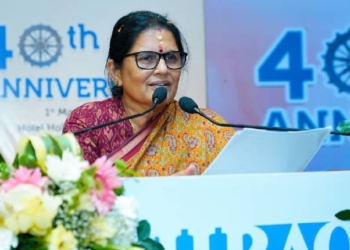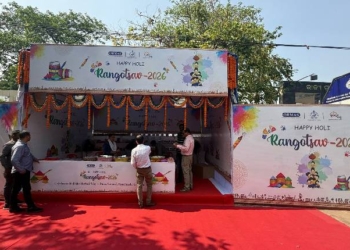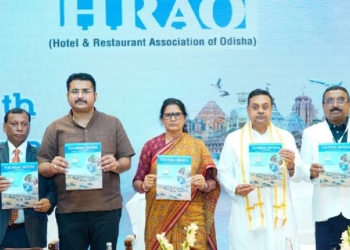Bhubaneswar: A recent study by the National Institute of Technology, Rourkela (NIT-Rourkela), in collaboration with the Azerbaijan State University of Economics, has found that the use of digital tools and renewable energy can significantly enhance agricultural productivity and sustainability in developing countries, including India.
Published in the Technology Analysis & Strategic Management journal on October 7, the research analyzed data from 27 developing nations spanning 2000 to 2021. It highlights how internet access, mobile connectivity, renewable energy use, agricultural land, and fertilizer application collectively shape food production amid rapidly evolving global agricultural trends.
The paper was co-authored by Prof. Narayan Sethi and research scholar Litu Sethi from NIT-Rourkela’s Department of Humanities and Social Sciences, along with Ugur Korkut Pata and Selin Karlilar Pata from the Azerbaijan institute.
According to an official press release, the study underscores the growing importance of digital tools and clean energy in agriculture. Farmers are increasingly relying on mobile phones to check market rates, compare fertilizer prices, and access information on sustainable farming practices. In rural areas, even basic mobile connectivity has been shown to improve transparency, bargaining power, and overall efficiency.
The researchers also pointed out that solar-powered irrigation systems are helping smallholder farmers tackle the challenges posed by unreliable electricity supply. This combination of technology and clean energy is enabling more reliable and efficient farming practices, particularly in remote or under-served regions.
However, the study also cautioned that the benefits of combining digital and renewable technologies can be limited in regions with poor infrastructure, low digital literacy, and inconsistent power access. Addressing these challenges will be critical to maximizing the potential of these innovations in agriculture.
The findings highlight a broader trend toward integrating technology and sustainability in farming, signaling that digital tools and renewable energy could play a crucial role in ensuring food security and enhancing productivity across developing nations.
















